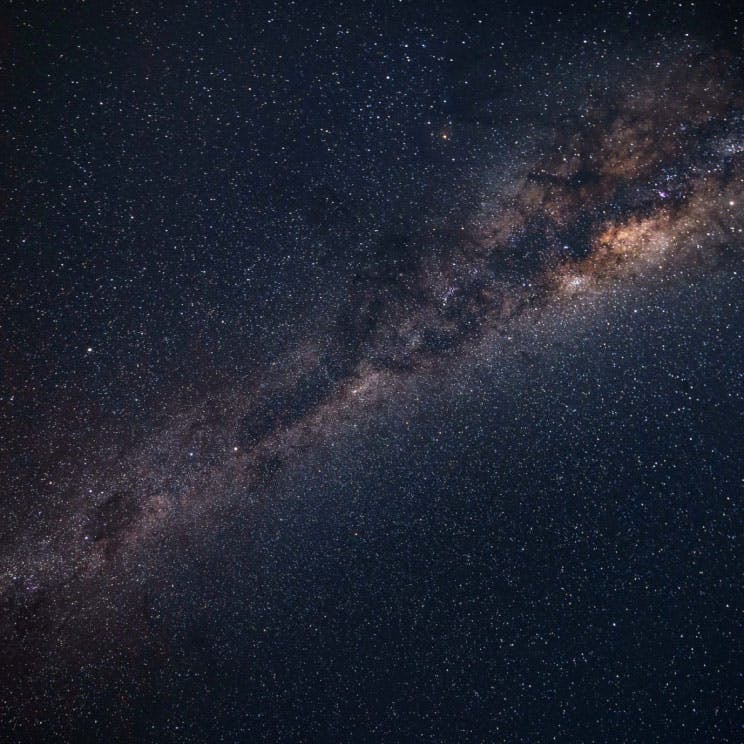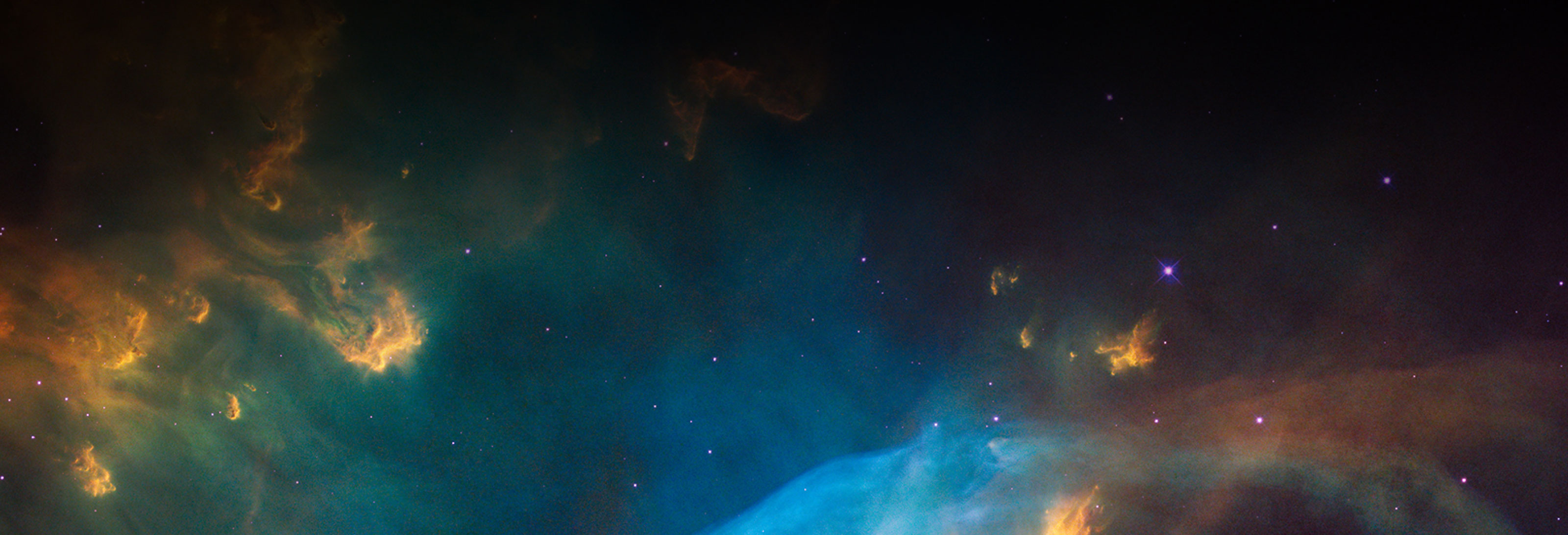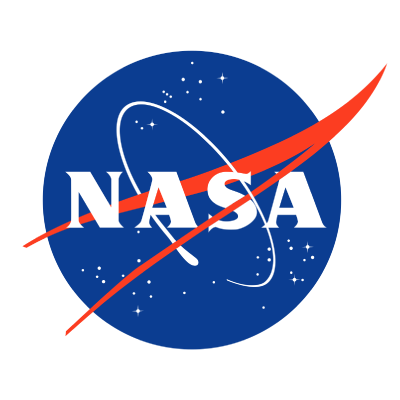
Astromaterials Data Synthesis
Loading Stats...
Search, extract, and integrate astromaterials sample data across publications.
Sample Lookup
Quick lookup for samples from the Astromat Data Synthesis
Synthesis Overview
The Astromaterials Data Synthesis is a database of extraterrestrial sample data and metadata that provides harmonization and integration services that allow for data dissemination to humans and machines. Appropriate data from the Astromat Archive is ingested into the Synthesis along with literature data compiled and curated by Astromat Data Managers.
All legacy publication data for NASA JSC Curation's Astromaterials Collections (Lunar Samples, Antarctic Meteorites, and more) were entered into the Synthesis by Astromat Data Managers and they continue to add relevant publication literature data as it is released.
The Astromat Synthesis provides:
- Compilation and restoration of 40+ years of published data from the scientific literature.
- Data rescue of unpublished data from investigators and labs.
- Online software tools for searching, mining, and retrieving content.
Astromat's Synthesis data holdings can be queried and downloaded through AstroSearch, an application that provides advanced features to filter data and metadata based on selected criteria (Filter by sample material type/classification, analyzed analytical variables, and more).
Astromat's Synthesis Sample Lookup and Sample pages provide options to access and download all aggregated data for a specific sample (Allende, 15555, etc.).
In 2023, Astromat collaborated with MetBase, the world's largest database of meteorite data, to migrate their meteorite analysis data from MetBase to Astromat's Synthesis database. Those data were indexed with the existing meteorite data in Astromat, increasing the total number of meteorite sample data points in Astromat to over 1M. Records imported from MetBase are identified in Astromat data tables by data source. All data are now available through AstroSearch.



